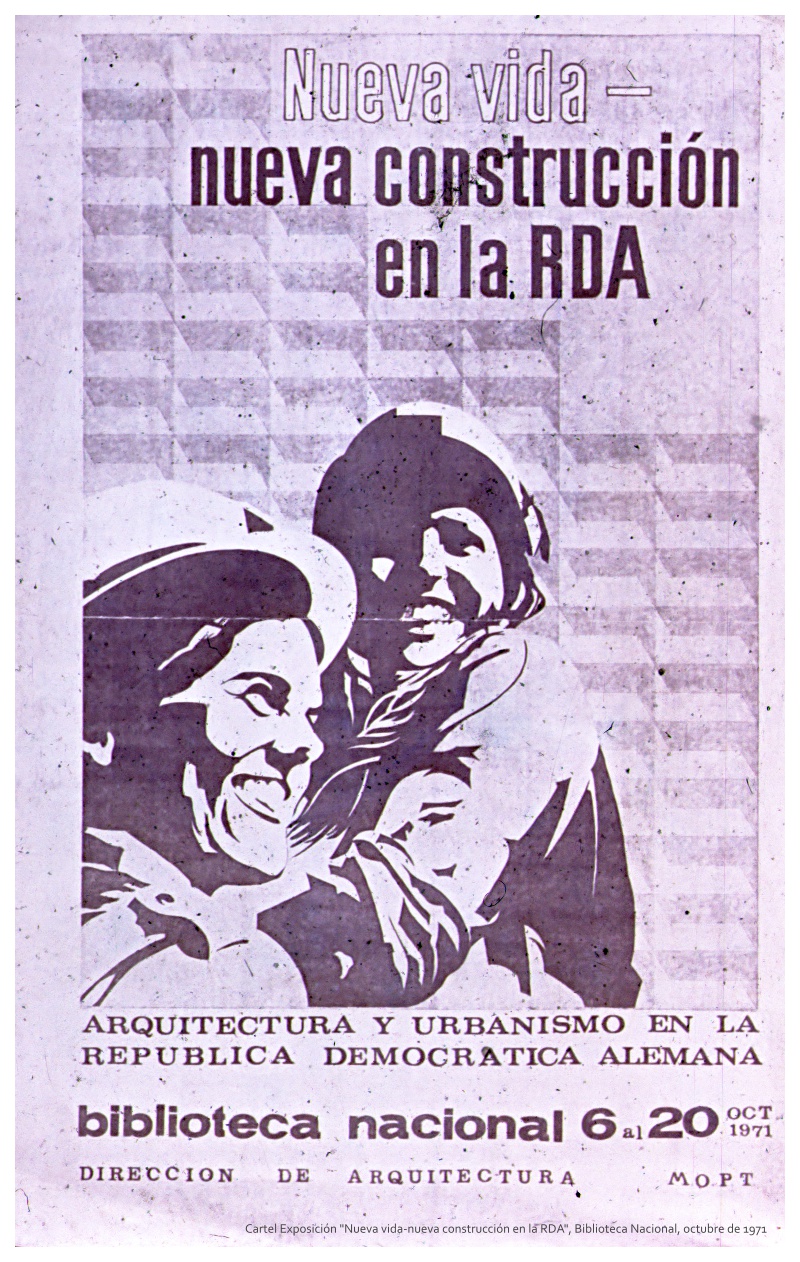Failed Industrialization: Housing production knowledge export from the GDR to Chile 1971-73

Between 1971 and 1973, the trips of important East-German architects such as Gerhard Kosel and Roland Korn show the strong political will towards exporting GDR housing industrialization experiences to Chile. At the same time, the reception they had in CIMEC-CORFO and Universidad de Chile as well as the invitation to take part in VIEXPO ’72 confirm this interest also had a strong hold in Chile. However, heavy industrialization strategies as the ones used in the GDR didn’t have much impact in the actual industrialization of housing construction in Chile, despite these attempts and the argumentation for it prevailing on both sides at the time. In this research, we explore the techno-political drive to support such transfer, follow the experiences of Korn and Kosel in Chile, and other events, such as VIEXPO an International Housing Exhibition and Congress held in Santiago in 1972, based on original material collected from the IRS Leibniz-Institut für Raumbezogene Sozialforschung in Germany, and the PUC Archivo de Originales Sergio Larraín García Moreno in Chile. We further elaborate on the influences from GDR around the world, to Latin America and discuss how it didn't exert the expected impact in the case of Chile. Documenting the Chilean building systems and standards at the time, we aim to conclude how building construction technology did not continue in Chile "business as usual" but did make steps towards industrialization, yet in a very different fashion, largely incompatible with the mainstream heavy industrialization proposed in the GDR and other Eastern-European countries.

